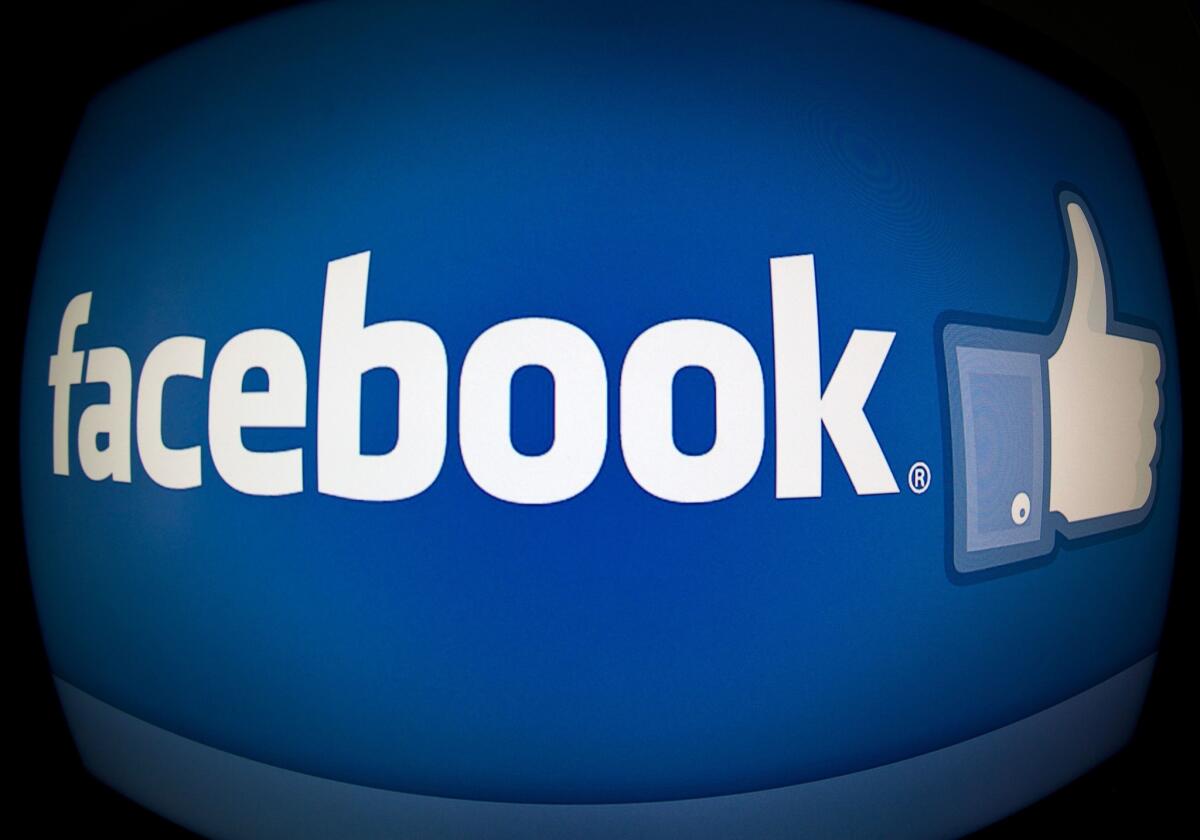Humbletalk: It’s just another way to say ‘smug’

Of all the notable year-end phenomena cited in this column and others, only one rose to the level of prominence and annoyance that I’d define as Biggest Conversational Irritant of 2013: the abuse and misuse of the word “humble.”
Make that the entire concept of humble. It seems to have gotten lost in the shuffle of self-promotion that sets the tone of social media, which in turn sets the tone of too much contemporary discourse. Never mind that just about every dictionary defines “humble” as some version of “marked by meekness or modesty in behavior,” “showing deferential or submissive respect” or “low in rank, quality or station.” These days it’s code for “something great has happened to me and I want you to feel jealous while also believing I’m totally deserving.”
In other words, humble is the new smug.
YEAR IN REVIEW: Meghan Daum’s overrated and underrated 2013 list
I’m not talking only about the “humblebrag,” a boasting technique that’s managed to turn Twitter and Facebook into a minefield of false modesty and braggadocio masked as lamento (“some days I’d trade my thigh gap just to be right-handed!”). Though eminently worthy of the disdain it’s sparked in recent years, humblebragging is a mere sub-category of the epidemic of faux humility I’ll call humbletalk.
It’s everywhere, not just in passive aggressive tweets and Facebook posts. Humbletalk makes regular appearances on talk show stages, award ceremony podiums and even in casual conversation. Celebrities who are besieged by a fawning public are “humbled” by the experience. Winners of major grants and prizes accept their awards with blushing modesty and insist that being recognized as pioneers and geniuses does nothing to change their baseline insecurity and self-loathing. Famed gurus jaw on about how wealth and success serves only as a reminder that we’re all just floating particles in a vast universe, each of us unique and equally helpless before the vicissitudes of the divine plan.
But as George Orwell might have said, some floating particles are more equal than others. And the ones that win Nobel Prizes or are deemed People magazine’s Sexiest Man Alive multiple times simply shouldn’t be humbletalking. There’s nothing humble about these accomplishments.
YEAR IN REVIEW: 10 tips for a better life from The Times’ Op-Ed pages in 2013
Saying you’re humbled by the fact that you invented a vaccine or look like an Adonis is like saying you’re proud of failing the bar exam or losing a tennis match to an octogenarian (unless you are a nonagenarian, of course). It’s not only inappropriate, it’s backward. And ultimately, it’s also offensive to those who actually are humble: the meek, the low in rank, the thigh-gapless.
If winning a Nobel Prize is humbling, what do you call losing at life because bad decisions or bad luck or even bad genes kept you on the sidelines? What do you call something as simple as falling down the stairs moments after you congratulated yourself for never having lost the balletic grace of your youth?
You call those things humbling. Being taken down a few pegs is humbling. Knowing that life is not easy or fair is humbling. Receiving a great honor — well, that would be called an honor.
YEAR IN REVIEW: Kindness in the world of politics? 7 uplifting examples from 2013
And therein lies the root cause of the humbletalk epidemic: For some reason, people have confused being humbled with being honored. Like “literally,” whose Janus-like meanings I railed about recently, “humbled” has come to mean “proud and gratified” as well as “neither proud nor gratified.”
That’s a shame, since understanding the contours of honor — which is to say understanding how to receive it as well as bestow it — is arguably one of the best and truest measures of character. Sure, responding honorably to one’s own achievements or good fortune requires modesty, but it also requires accountability — which humbletalk, with it’s air of “Gee whiz, don’t look at me!” that translates as “Look at me!” — just doesn’t deliver.
The right way to win is to recognize that winning isn’t the end game but rather the beginning of new opportunities, maybe even opportunities to help other people win. To be honored by success is to take your life seriously. To humbletalk about it is to take yourself seriously.
So here’s to a less “humble,” more honorable 2014. Your Facebook friends will thank you. And your thighs should be unaffected.
Twitter: @meghan_daum
More to Read
A cure for the common opinion
Get thought-provoking perspectives with our weekly newsletter.
You may occasionally receive promotional content from the Los Angeles Times.







